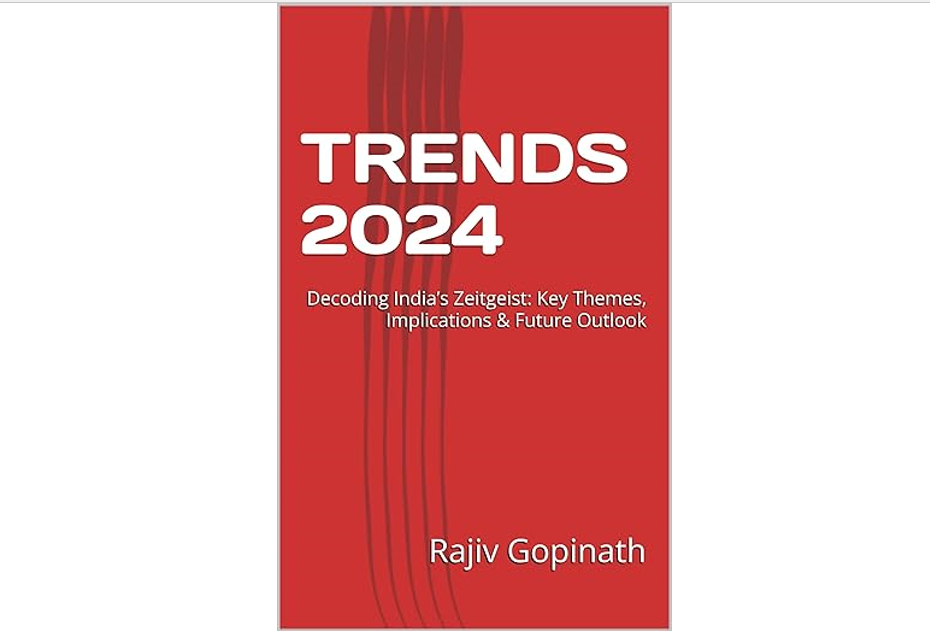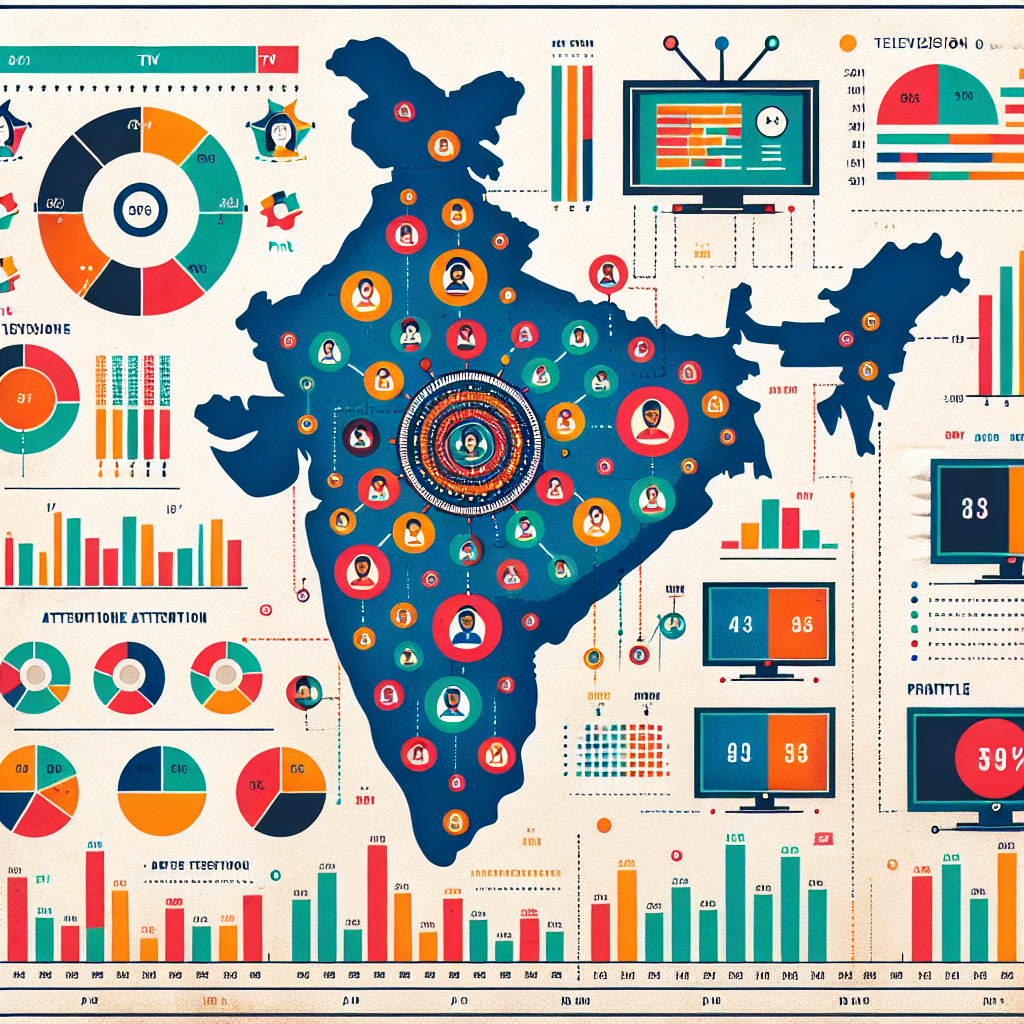How Brands Can Use Ethical Data Practices to Stand Out
The moment remains crystal clear in Jesse's memory. He was shopping online for a gift when a pop-up appeared, asking for his consent to track his browsing behavior. Instead of the typical binary "accept/decline" buttons, this brand offered detailed explanations about exactly what data they collected, why they needed it, and how it would improve his experience. Most surprisingly, they included genuine options to customize his privacy preferences without sacrificing website functionality. Jesse paused, genuinely impressed. For the first time, a brand had treated his data with respect rather than as an entitlement. That single interaction transformed his perception of the company and sparked his curiosity: could ethical data practices actually become a competitive advantage rather than just a compliance burden? This question led him down a fascinating path exploring how trust is becoming the new currency in the data economy.
Introduction: The Trust Revolution
We are witnessing a fundamental shift in the relationship between brands and consumer data. For years, the digital economy operated on what privacy expert Shoshana Zuboff calls "surveillance capitalism"—the largely invisible extraction of personal data to fuel targeting and personalization. Today, however, 86% of consumers report growing concerns about data privacy, according to Pew Research, and 81% feel they have little control over data collected by companies.
This heightened awareness coincides with regulatory developments like GDPR, CCPA, and similar legislation emerging globally. The result is what Harvard Business Review has termed a "trust revolution"—a transformation where ethical data practices move from legal obligation to strategic differentiator. For forward-thinking brands, this shift represents an unprecedented opportunity to stand out in markets increasingly defined by consumer skepticism and digital fatigue.
Key Strategies for Ethical Data Practices
1. Transparency as Brand Personality
Leading brands are transforming transparency from a compliance checkbox into a core element of brand personality. Patagonia extends its environmental transparency to data practices, offering what they call "radical transparency" about information collection and usage. Their privacy hub uses accessible language rather than legal jargon and contextualizes each data request within their broader mission.
This approach aligns with research from the Northwestern University Privacy Lab showing that clear explanations of data usage increase consumer willingness to share information by up to 47%, particularly when tied to tangible benefits. As marketing strategist Mark Schaefer notes, "In the transparency era, trust is created through consistent behavior, not marketing messages."
Companies like Apple have weaponized transparency as competitive advantage, with their App Tracking Transparency framework positioning them as consumer privacy advocates. When brands like Lush took the extraordinary step of abandoning social media platforms over data concerns, they transformed a potential business limitation into a powerful trust signal that resonated with their core audience.
2. Data Minimalism and Intentionality
Counter to the "collect everything" mindset that dominated early digital marketing, ethical data leaders practice what Professor Ryan Calo calls "data minimalism"—collecting only what serves a specific, articulated purpose. This approach emphasizes quality over quantity, focusing on data that delivers genuine value to both consumer and company.
Clothing retailer Everlane exemplifies this approach, requesting only essential information and explicitly articulating how each data point improves the customer experience. Their "radical candor" extends to explaining why they don't collect certain information that competitors might request.
Research from Accenture shows this approach resonates particularly with younger consumers—78% of Gen Z customers say they're more likely to trust brands that don't request unnecessary personal information. This represents a significant evolution from earlier consumer attitudes that often traded privacy for convenience without consideration.
3. Value Exchange Optimization
Ethical data leaders explicitly articulate the value consumers receive in exchange for their data. Instead of obscuring this exchange, they highlight and optimize it. IKEA's loyalty program transparently explains how purchase history enables personalized recommendations, room visualizations, and simplified returns—concrete benefits that justify data sharing.
The beauty retailer Sephora has similarly transformed data collection into a value creator through their Beauty Insider program. By explicitly connecting consumer information to personalized product recommendations, tutorials, and experiences, they've created what marketing professor Shep Hyken calls a "consent-forward value exchange"—where consumers actively seek to share data because the return is both clear and valuable.
This approach aligns with Tim Cook's assertion that "if a business is built on misleading users, on data exploitation, on choices that are no choices at all, it does not deserve our praise—it deserves reform." Companies embracing this philosophy often see higher opt-in rates and engagement, suggesting ethical practices and business performance can be mutually reinforcing.
4. Consumer Data Sovereignty
The most forward-thinking brands are moving beyond basic consent to what the World Economic Forum calls "data sovereignty"—giving consumers genuine control and ownership of their information. This includes providing intuitive privacy dashboards, data portability options, and the ability to limit processing while still accessing services.
Mastercard's Data Responsibility Imperative represents this approach institutionally, establishing principles where consumers are treated as stakeholders in data decisions rather than simply subjects of collection. Their framework includes consumer rights to control, access, and rectify personal information throughout its lifecycle.
Wired Editor-in-Chief Nicholas Thompson suggests this approach represents "the ethical future of personalization"—where data used for customization remains under consumer control rather than becoming a corporate asset. Research from Deloitte confirms the business value, showing that 83% of consumers are more loyal to companies they believe protect their data, with 91% willing to switch to competitors over privacy concerns.
5. Ethical AI and Algorithmic Responsibility
As artificial intelligence increasingly powers data processing, ethical leaders are addressing algorithmic responsibility. Microsoft's Responsible AI principles demonstrate how ethical commitments can extend beyond collection to how data is processed and applied. Their transparent documentation of AI systems, including limitations and potential biases, sets new standards for algorithmic accountability.
Beauty company L'Oréal has similarly established AI ethics committees to ensure personalization algorithms don't perpetuate stereotypes or create filter bubbles. Their approach reflects what AI ethics researcher Timnit Gebru calls "participatory algorithm design"—involving diverse stakeholders in developing systems that process consumer data.
This proactive approach addresses mounting consumer concerns about algorithmic decision-making. According to PwC research, 76% of consumers would abandon brands they perceive as using algorithms unethically, while 86% say algorithmic transparency would increase their trust.
Conclusion: From Compliance to Competitive Advantage
The brands successfully navigating this landscape demonstrate that ethical data practices represent not just compliance requirements but strategic opportunities. By treating consumer data with respect, transparency, and intentionality, companies can transform privacy from a legal department concern into a genuine competitive differentiator.
The most successful organizations recognize that in the attention economy, trust becomes the scarcest and most valuable resource. As consumer privacy awareness continues growing, ethical data practices will increasingly separate market leaders from followers in every industry.
Call to Action
For marketing and business leaders seeking to transform data ethics into competitive advantage:
- Conduct an ethical data audit examining not just what you collect, but why, and whether consumers truly benefit from each data point.
- Invest in transparent communication systems that explain data practices in accessible language tied to consumer benefits.
- Develop comprehensive data governance frameworks that embed ethical considerations into collection and processing decisions from the start.
The future belongs to brands that recognize a fundamental truth: in the consent economy, trust is not just an intangible asset but the foundation of sustainable customer relationships.
Featured Blogs

TRENDS 2024: Decoding India’s Zeitgeist: Key Themes, Implications & Future Outlook

How to better quantify attention in TV and Print in India

AI in media agencies: Transforming data into actionable insights for strategic growth

How the Attention Recession Is Changing Marketing

The New Luxury Why Consumers Now Value Scarcity Over Status

The Psychology Behind Buy Now Pay later

The Rise of Dark Social and Its Impact on Marketing Measurement

The Role of Dark Patterns in Digital Marketing and Ethical Concerns








